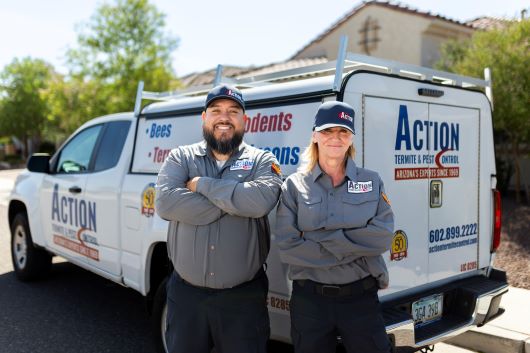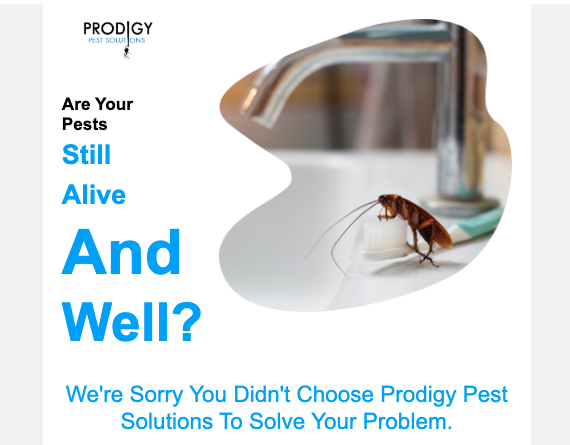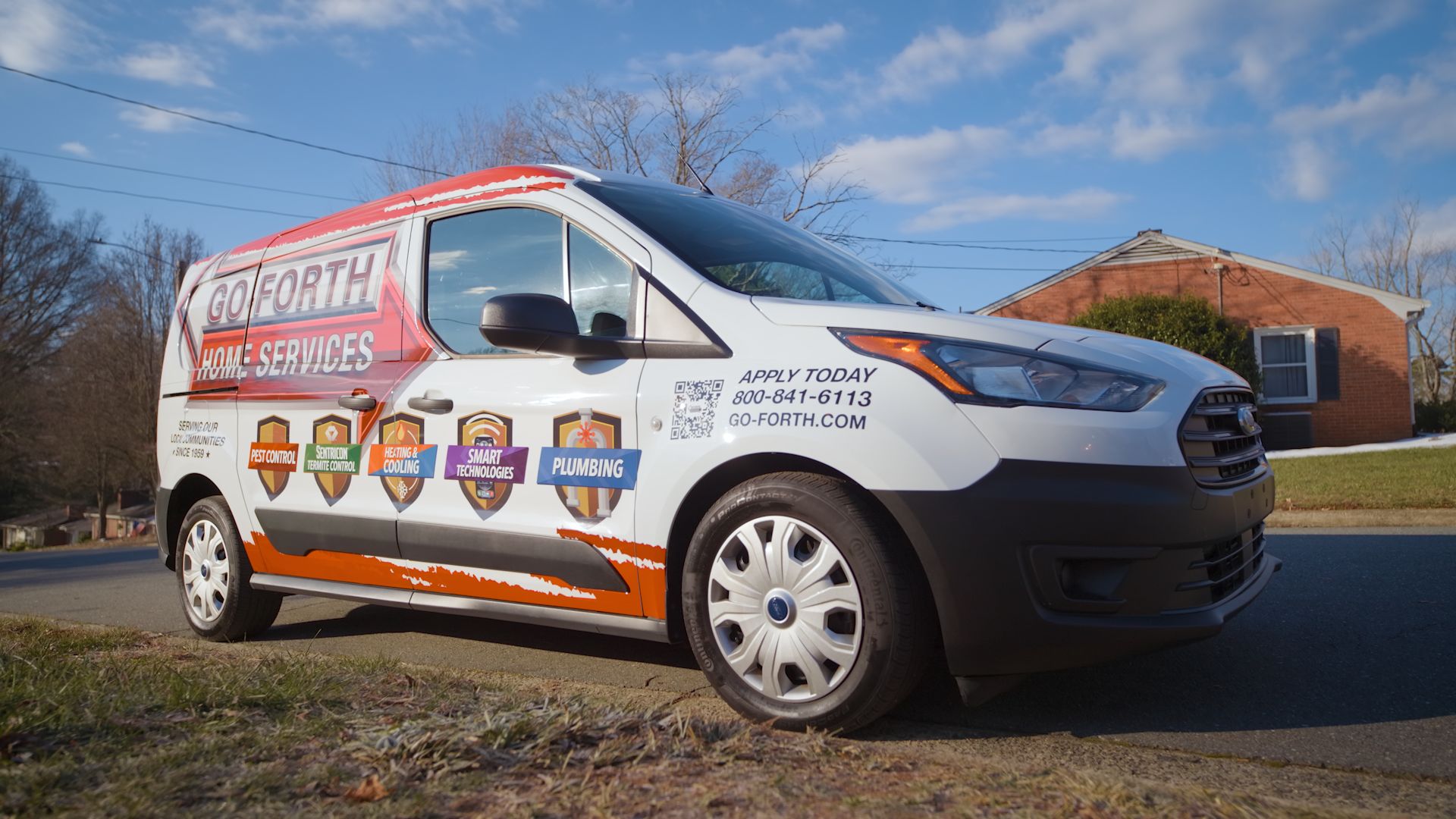Pest Control Business Legal Structures (Different Legal Structures Explained)

Choosing the proper legal structure is fundamental to any pest control business. The entity you select will impact your taxes, liability, and growth.
Entities determine how much personal risk you take on, how you manage taxes, and how you scale as your business grows. Understanding these implications is critical to long-term success for pest control business owners.
This guide will review the most common entities: Sole Proprietorship, Partnership, Limited Liability Company (LLC), and Corporation (C Corp and S Corp) so you can make an informed decision for your business.
What Are the Different Types of Pest Control Business Legal Structures?
Each has pros and cons, especially regarding liability, taxes, and operational flexibility. Whether you are a startup or looking to transition your business structure as part of your business plan, you will need to consider the various structures open to you:
Sole Proprietorship: Easy to set up but no personal liability protection.
Partnership: Shares the risk but may lead to personal risk. Limited partners in a partnership are exempt from self-employment tax, which can be a significant advantage. A partnership agreement is important as it outlines the roles and liabilities of the partners so there is clarity and control.
Limited Liability Company (LLC): Protects personal assets and has tax flexibility.
Corporation (C Corp and S Corp): Best for bigger companies but more complex.
Choosing the proper business structure will help match your business growth and legal protection needs.
Sole Proprietorship
A sole proprietorship is the simplest legal structure for a pest control business. It’s an unincorporated business owned by one person and is easy and cheap to set up.
However, it offers no legal separation between the owner and the business, so the owner takes on all the liability. This can be an easy option for small businesses just starting or wanting to operate with minimal overhead, so it’s ideal for those wishing to begin their own pest control business and not looking to hire employees.
Sole Proprietorship Advantages
Ease of setup: It requires minimal paperwork, no legal requirements, and low startup costs.
Low cost: One of the cheapest ways to start a pest control business is with fewer fees and less administrative work.
Tax simplicity: Business income is reported on personal tax returns, with no separate filings.
Sole Proprietorship Disadvantages
Unlimited personal liability: Owners are personally liable for debts, lawsuits, or damages, which can be a considerable risk, especially in the pest control industry. At least, you’ll need to get adequate business insurance or general liability insurance.
Limited funding options: Raising capital or getting loans is tough without formal business status.
Lack of separation: No clear boundary between personal assets and business finances, accounting and liability riskier.
Considerations for Pest Control Businesses
The liability risk for a pest control business is higher due to the use of pesticides, which can cause property damage or health issues. With unlimited personal liability, any lawsuits can directly affect the owner’s finances.
Furthermore, a sole proprietorship structure may limit business growth as it lacks the flexibility to scale and attract investors like an LLC or Corporation.
Partnership
A partnership allows two or more people to co-own a pest control business. There are different types of partnerships to consider:
General Partnership (GP), where partners share both responsibilities and liabilities;
Limited Partnership (LP), where there are limited and general partners; and
Limited Liability Partnership (LLP), where each partner has liability protection.
Limited partners in an LP are exempt from self-employment tax, which can be a significant tax advantage.
When creating a business plan or business model, ensure that you outline who does what and who is responsible, agreeing on tasks like business licenses, pest control marketing, and business bank accounts. Partnerships offer flexibility in sharing resources and decision-making but require clear agreements and mutual trust. For clarity and control, the partnership agreement must outline the partners' roles and liabilities.
Partnership Advantages
Shared resources: Partners can share financial and operational resources to grow the pest control business.
Combined expertise: Each partner brings their skills to the table, whether it's termite control, fumigation of cockroaches, or social media marketing!
Pass-through taxation: Profits are reported on partners' personal tax returns, with no corporate tax filings.
Partnership Disadvantages
Shared liability: In a General Partnership, partners are liable for each other’s actions, which can increase risk in high-liability industries like pest management.
Potential for conflicts: Disagreements regarding new business, pesticide applications, or pricing strategies can harm the partnership. Also, if you decide to part ways, you must determine who will get the established brand business name.
The complexity of decision-making: Multiple partners can slow decision-making, especially when there is no clear leadership within a service business.
Considerations for Pest Control Businesses
In a pest control partnership, an explicit agreement on business operations, including service methods for handling infestations and sharing profits, is essential.
Without clear communication, disagreements can arise over critical decisions such as new pest control services or marketing strategies. Having clear roles and legal agreements upfront can minimize conflicts and smooth operations.
Limited Liability Company (LLC)
A Limited Liability Company (LLC) combines the flexibility of a sole proprietorship or partnership with the liability protection of a corporation. This structure shields owners from personal liability, protecting their assets in case of legal or financial issues in the pest control business.
LLCs are popular choices for businesses that want operational flexibility and legal protection. Business owners must consider worker’s compensation and marketing strategies to grow and their business with new customers.
LLC Advantages
Limited liability protection: Owners’ assets are protected from lawsuits or pest control company debts.
Flexible management: LLCs can be managed by owners or appointed managers, so you have operational flexibility in running seasonal services like bed bug control or termite treatments.
Tax flexibility: LLCs can be taxed as sole proprietorships, partnerships, or corporations, so you have options that fit your business goals.
LLC Disadvantages
Complexity of formation: An LLC requires more paperwork and fees than a sole proprietorship.
Potential for self-employment taxes: In some cases, owners may have to pay self-employment taxes, which can affect the business's overall profit margin.
State-specific regulations: LLC rules and regulations vary by state and business location, and additional licensing, like a pest control license, may be required to operate in multiple locations.
Considerations for Pest Control Businesses
An LLC offers liability protection and tax flexibility for pest control business owners. However, to operate as an LLC, you must consider state-specific licensing requirements, including getting the correct pesticide application licenses.
Balancing liability protection and tax implications is essential. You’ll need a step-by-step legal setup to protect your business from risks, especially if you provide both residential and commercial pest control services.
Corporation (C Corp and S Corp)
A Corporation is a more complex legal structure that creates a separate entity from its owners. There are two types: C Corporation (C Corp) and S Corporation (S Corp). Both offer liability protection but differ in taxation and operational requirements.
A corporation might be the best option for larger pest control businesses looking to grow or seek investment.
Corporation Advantages
Limited liability: Owners are protected from personal liability, protecting their assets from lawsuits or debt.
Separate legal entity: The corporation is separate, so you can have more structured operations, including offering pest control services.
Potential for raising capital: C Corps can raise funds by issuing stock to drive immense business growth, which is attractive to future potential customers.
Corporation Disadvantages
Double taxation for C Corps: Profits are taxed at both the corporate and personal levels, which can reduce the business's profit margin.
Complex regulations: Corporations have more legal requirements and must comply with state and federal regulations, which can impact business operations.
Formalities: Regular shareholder meetings, detailed record keeping, and compliance with Secretary of State filings can add administrative burdens.
Considerations for Pest Control Businesses
If you plan to attract investors or go public, a C corporation might be the way to go for raising capital. However, double taxation can be a drawback. An S corporation offers pass-through taxation for smaller pest control businesses, which may be more tax efficient while still providing liability protection.
Balancing investment goals and tax efficiency is key when choosing between these corporation types. Investors will want a robust marketing plan with proper go-to-market social media, search engine (SEO) and traditional marketing strategies if you seek to raise capital.
What Are Some Factors to Consider When Choosing a Legal Structure?
Whether starting or reevaluating your pest control business, you need to choose the proper legal structure. The structure you choose affects everything from taxes to liability to growth. You need to weigh the pros and cons of each to set your business up for success.
Below are some factors to consider.
Key Factors
Liability: Make sure the structure you choose provides enough protection for personal assets, especially in the pest control industry, where liability for damages is high.
Taxes: Understand how each structure is taxed. For example, LLCs are pass-through, while C Corps are double-taxed.
Management and Control: How much control do you want in the business? Sole proprietorships give complete control, while corporations require more formalities.
Funding Needs: If you plan to scale or need investors, a C Corp can help raise capital through stock issuance.
Exit Strategy: Consider your long-term plans. Some structures are easier to dissolve or transfer ownership, while others, like corporations with multiple departments, can be more complex.
Beyond Legal Structures: Streamline Pest Control Operations with FieldRoutes
The right legal structure is the first step to building a successful pest control business. Streamlining your operations is just as important, and FieldRoutes has solutions to simplify your business's complex tasks.
Key Features
Customer Management: Store customer data for easy access, smooth communication, and better client satisfaction.
Scheduling & Routing: Optimize technician routes for efficiency, saving time and reducing costs.
Invoicing & Payments: Simplify billing and online payment collection, which is great for LLCs and small businesses in maintaining cash flow.
Reporting & Analytics: Get insights into your business performance so corporations can make data-driven decisions.
With FieldRoutes, you can grow your business while simplifying operations because it frees up your time and allows you to focus on more growth strategies in your company. Our clients have increased their visibility and client acquisition through marketing strategies such as creating pest control ads across multiple online platforms and tailoring their offerings based on local pest issues, which boosted their word-of-mouth referrals.
The Bottom Line
Choosing the proper legal structure for your pest control business is a big decision that affects liability, taxes, and growth. Whether you choose a sole proprietorship, partnership, LLC, or corporation, understanding the pros and cons of each will help you make the right choice. Make an informed decision, and you’ll be on your way to success.
To discover how FieldRoutes can support your business, schedule a demo.





